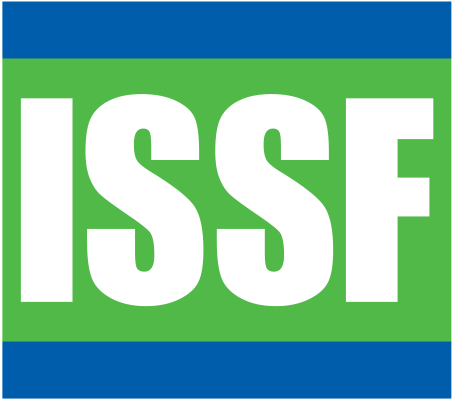Document: ISSF 2012-06: Fisheries Management and Job Creation in the Pacific Islands
Policymaking in developing countries is nothing if not an exercise in balancing objectives. Government agencies choose to subsidize certain activities, tax others, impose quotas or access‐constraints over physical resources, and allocate public investments, based on numerous political and economic objectives. Many of these objectives are deeply intertwined, and it is increasingly clear that environmental and development goals cannot be separated. But policymaking often happens in a political landscape that is dominated by particular, narrowly‐defined, and potentially competing objectives. Not least, job growth is an especially salient objective in developed and developing countries alike. Environmental policymaking does not happen in a vacuum, and effective policy choices thus require an understanding of how environmental policy instruments interact with other political goals.
In this paper, we analyze job growth strategies in a developing country context that, like many of the world’s poorest regions, is heavily dependent on natural resources. With isolated geography and limited natural resources, Pacific Island Countries and Territories (PICTs) face unique challenges in their pursuit of economic development. Government officials are anxious to create more jobs and communities want more and better opportunities for their children. Tuna is the most valuable natural resource in most PICTs. Fisheries represent both the primary source of domestic food production and the region’s most valuable export commodity. Tuna lies at the heart of PICT fisheries. It is by far the largest market of any fishery in the region. Indeed, tuna species represent seven times the value and ten times the volume of all other fish caught in the Pacific Islands combined.
Downloads: 702 | Views: 0
